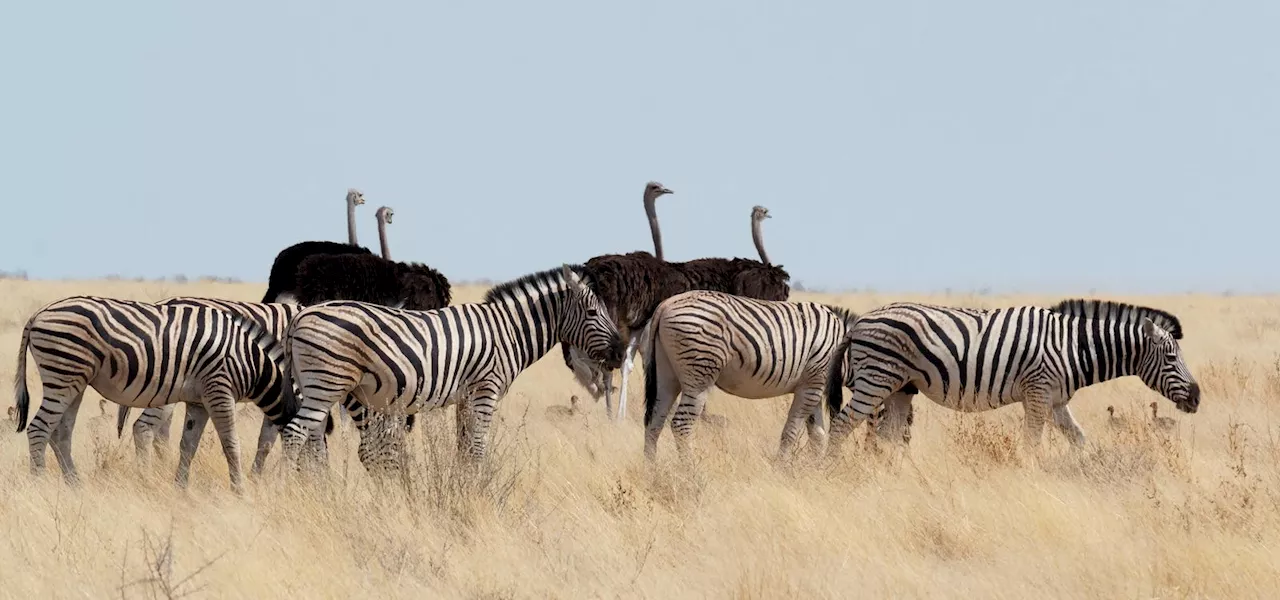Nature is full of surprises, but nothing is more mind-blowing than how some animals form life-saving partnerships to thrive together. This is called mutualism, and it's often anything but ordinary.
In the open plains of the Namib in Southwest Africa, an unlikely alliance forms. Shy, reclusive ostriches hesitantly seek the support of antelope and zebra to remain safe from carnivores.
Cooperation between ostriches and herbivores was observed even by Darwin in the 1800s, which he chronicled inOn African plains, such alliances between birds and mammals are abundant. Oxpeckers offer great grooming services in return for a nutritious diet of fleas and dead skin from herbivores. Paradise flycatchers fervently follow kudu and bushbuck, feeding on mosquitoes and other flying insects that mill around the antelope.
However, there is debate about this interaction. If it does occur, it’s increasingly rare, given that the dry woodland habitats of badgers, birds and bees are declining fast, according to a June 2023The honey hunters themselves interact with honeyguide birds the same way, following their chirps to the hives.
These plants reflect their echoes to “call” the bats, in hopes of capturing their feces. The pitchers are able to trap and digest insects, but they’re still deprived of nitrogen, as the soils they grow in tend to be deficient. Bat poop offers exactly this through a missing ingredient—digested spiders.
Quagga Ostrich Irrawaddy Dolphin Hardwicke’S Woolly Bat Carnivorous Pitcher Plant Mutualism In Animals Mutually Benefiting Animals Nature Partnerships Brilliant Partnerships Between Animals
United States Latest News, United States Headlines
Similar News:You can also read news stories similar to this one that we have collected from other news sources.
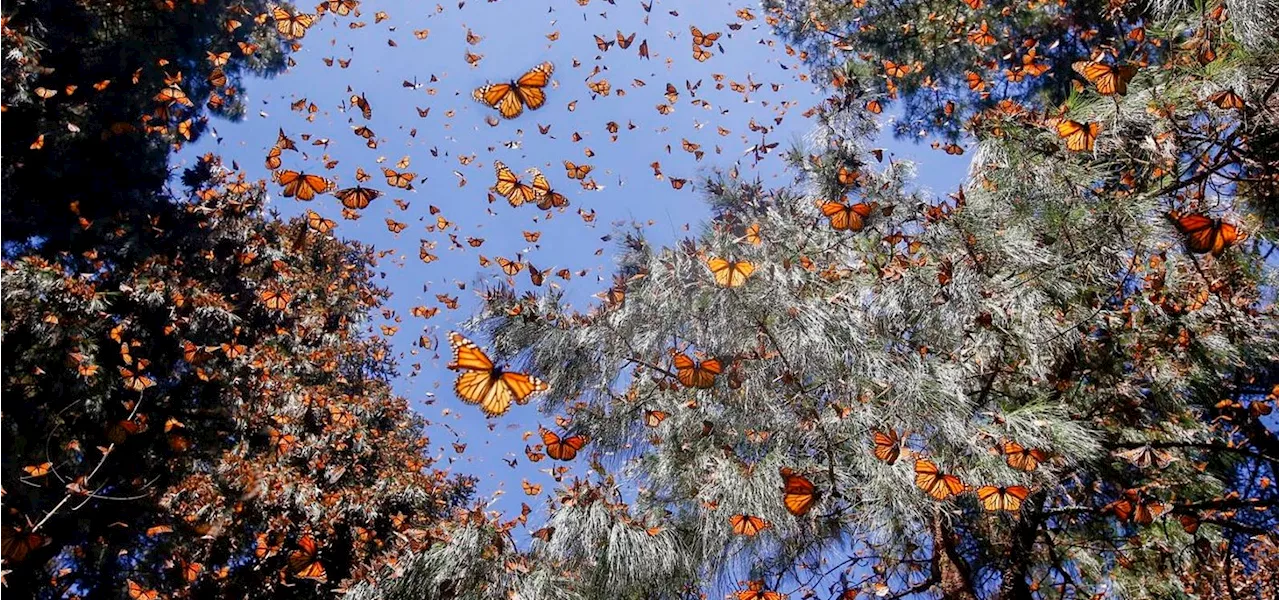 A Biologist Spotlights The World’s Longest Butterfly Migration (Hint: It’s Not A Monarch)I am an American evolutionary biologist, based at Rutgers University, where I specialize in biodiversity, evolution, and genomics. Drop me a note, here. Thanks for your readership and support.
A Biologist Spotlights The World’s Longest Butterfly Migration (Hint: It’s Not A Monarch)I am an American evolutionary biologist, based at Rutgers University, where I specialize in biodiversity, evolution, and genomics. Drop me a note, here. Thanks for your readership and support.
Read more »
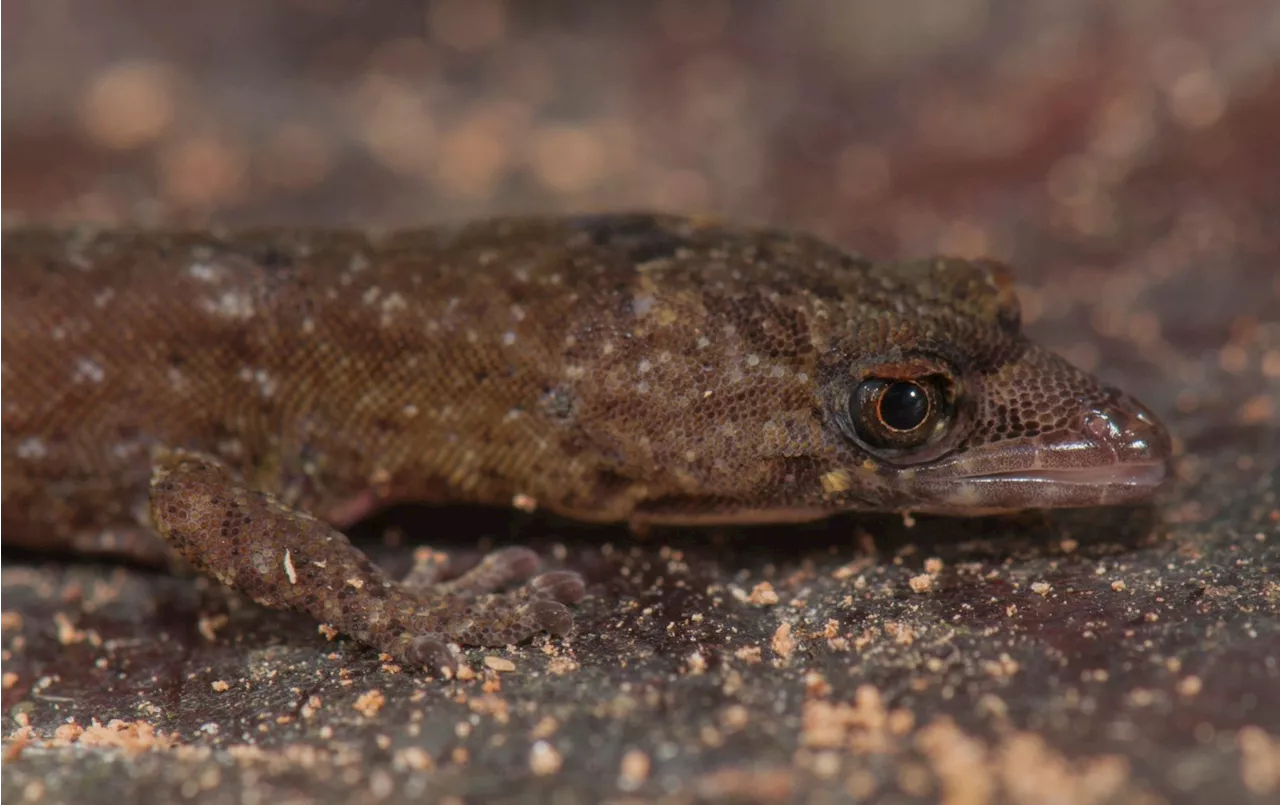 UT Arlington biologist discovers new species of geckoThe lizard is officially named Pseudogonatodes fuscofortunatus, and its discovery is SomethingGood.
UT Arlington biologist discovers new species of geckoThe lizard is officially named Pseudogonatodes fuscofortunatus, and its discovery is SomethingGood.
Read more »
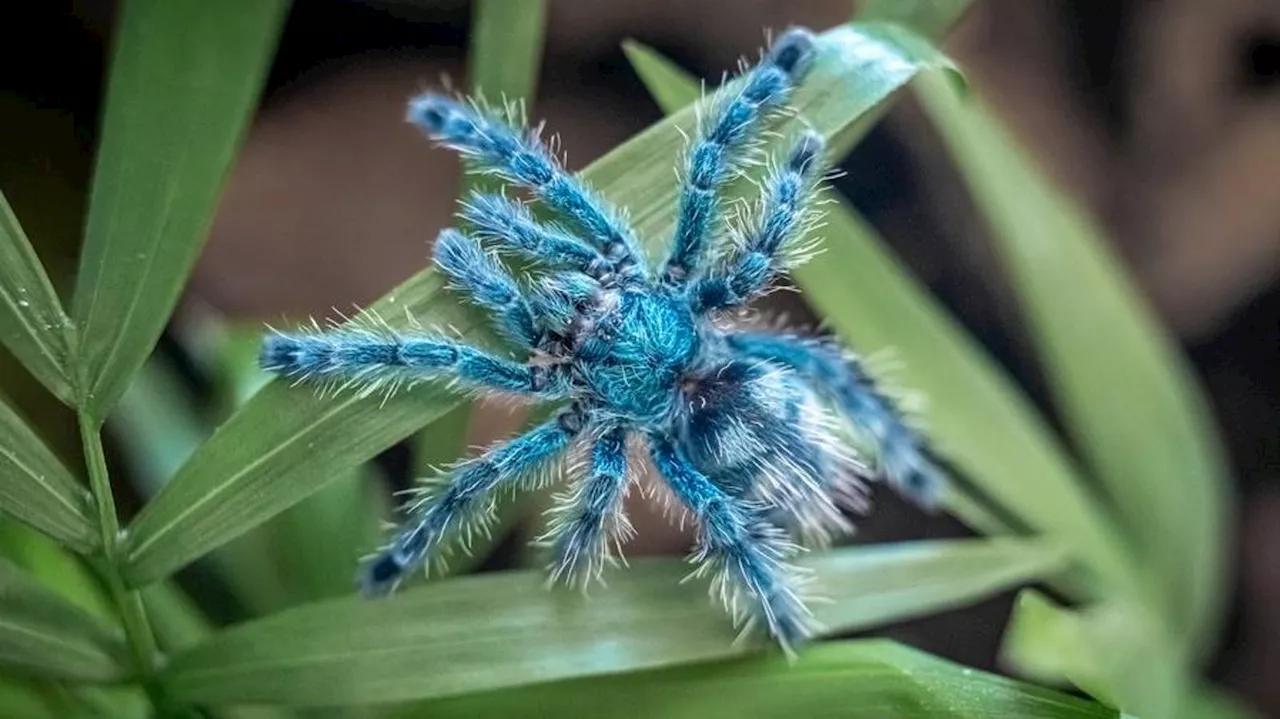 A Biologist Spotlights 4 Dazzling Tarantulas That Fetch High Prices On Unregulated Pet MarketsI am an American evolutionary biologist, based at Rutgers University, where I specialize in biodiversity, evolution, and genomics. Drop me a note, here. Thanks for your readership and support.
A Biologist Spotlights 4 Dazzling Tarantulas That Fetch High Prices On Unregulated Pet MarketsI am an American evolutionary biologist, based at Rutgers University, where I specialize in biodiversity, evolution, and genomics. Drop me a note, here. Thanks for your readership and support.
Read more »
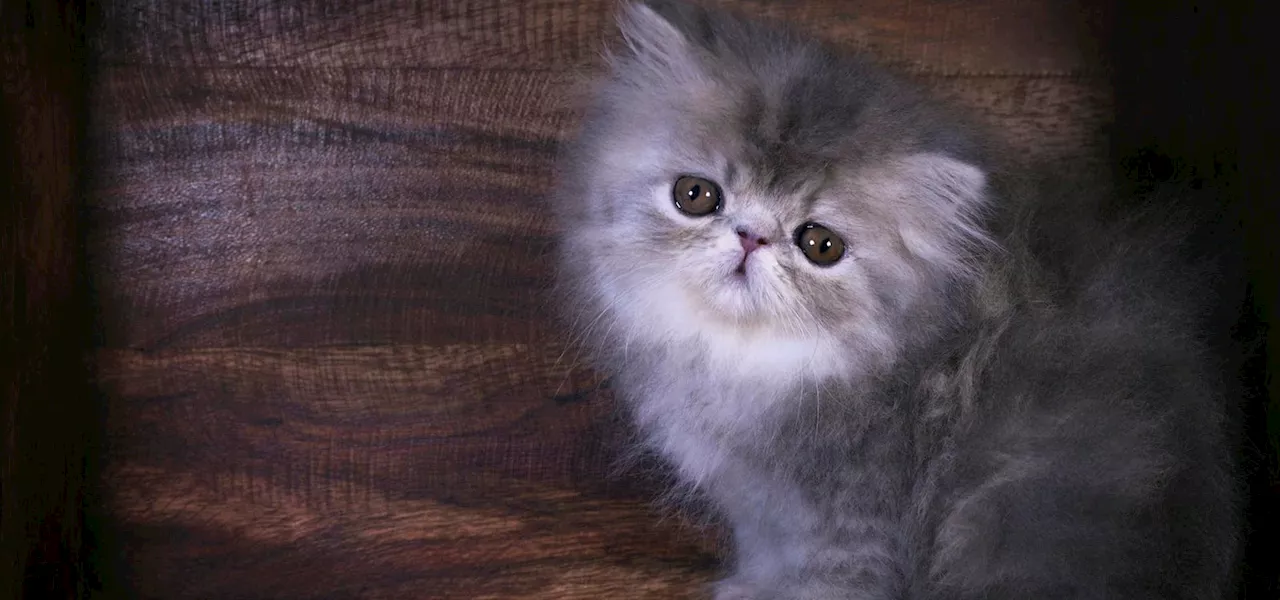 Persian Cats Reveal The Dark Side Of Selective Breeding—A Biologist ExplainsI am an American evolutionary biologist, based at Rutgers University, where I specialize in biodiversity, evolution, and genomics. Drop me a note, here. Thanks for your readership and support.
Persian Cats Reveal The Dark Side Of Selective Breeding—A Biologist ExplainsI am an American evolutionary biologist, based at Rutgers University, where I specialize in biodiversity, evolution, and genomics. Drop me a note, here. Thanks for your readership and support.
Read more »
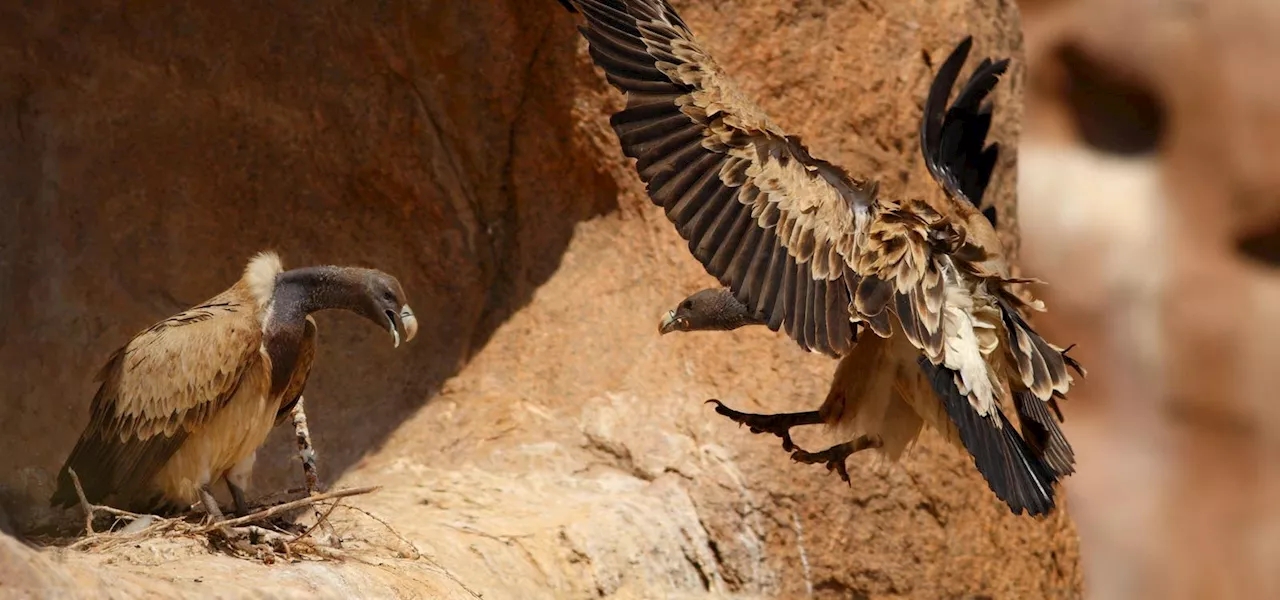 The Vultures Disappeared And Half A Million People Died—A Biologist Explains WhyI am an American evolutionary biologist, based at Rutgers University, where I specialize in biodiversity, evolution, and genomics. Drop me a note, here. Thanks for your readership and support.
The Vultures Disappeared And Half A Million People Died—A Biologist Explains WhyI am an American evolutionary biologist, based at Rutgers University, where I specialize in biodiversity, evolution, and genomics. Drop me a note, here. Thanks for your readership and support.
Read more »
 Sharks Are 50 Million Years Older Than Trees—A Biologist ExplainsSharks have roamed the open seas for close to half a billion years and have witnessed the Earth’s evolution from a primordial soup to the haven for life it is today.
Sharks Are 50 Million Years Older Than Trees—A Biologist ExplainsSharks have roamed the open seas for close to half a billion years and have witnessed the Earth’s evolution from a primordial soup to the haven for life it is today.
Read more »
